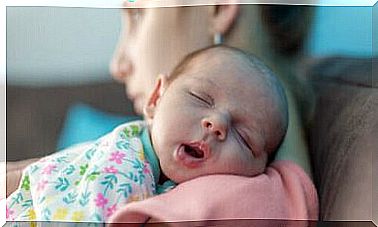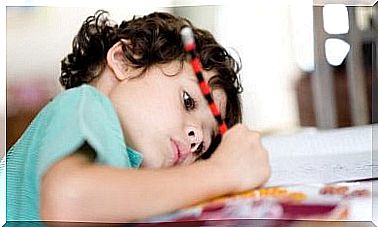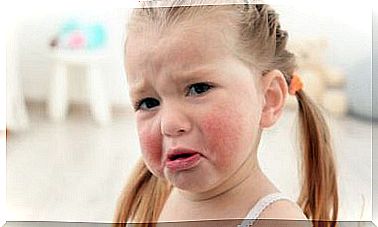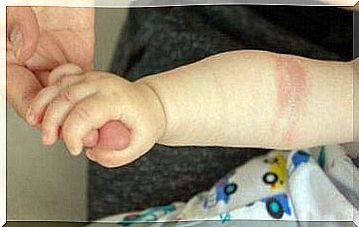Everything You Need To Know About The Pertussis Vaccine – You Are Parent
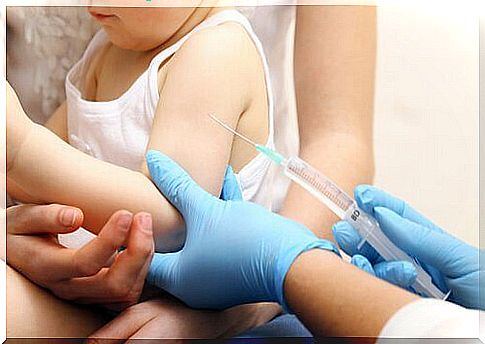
Whooping cough is a very dangerous disease, especially for babies, although it can affect any age. For this reason, in the pregnancy vaccination schedule and in the schedules corresponding to the vaccines of the first years of the child’s life, the pertussis vaccine is one of the “compulsory” vaccines.
Vaccinating our baby is a decision that only concerns the parents, but it is important to know that the protection offered by the vaccine, by making us immune to the disease for a period of time, is guaranteed.
What is whooping cough?
Whooping cough is a respiratory infection caused by a bacterium, Bordetella pertussis. It is very contagious and initially manifests as a simple cold which becomes more difficult over time. It has symptoms such as watery eyes, sneezing, and a mild cough.
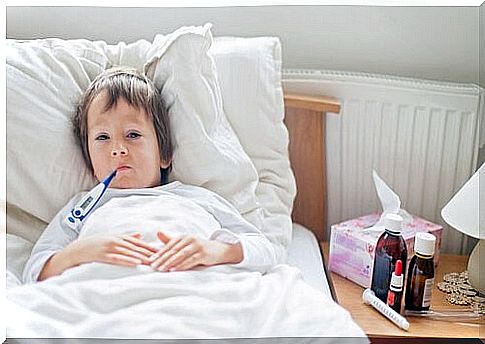
After the first two weeks with symptoms similar to a cold, the cough begins to become more persistent, causing episodes of choking, vomiting, etc.
In young children and babies these symptoms can lead to serious complications.
How can I protect my baby from pertussis?
Currently, the most effective method to protect against pertussis is vaccination.
Vaccines for this are provided throughout childhood, although they can also be given during pregnancy when the baby is still in the womb. D In this case, the vaccine is given to the mother. In this way, the baby is protected against the disease until the age of two months, when another dose of the vaccine is applied. The pertussis vaccination is included in the trivalent vaccine, which also protects against tetanus and diphtheria. This is injected around 27-32 weeks of pregnancy.
Once the baby is born, and according to the immunization schedule of each country, it is necessary to continue to protect oneself with the pertussis vaccines on a periodic basis.
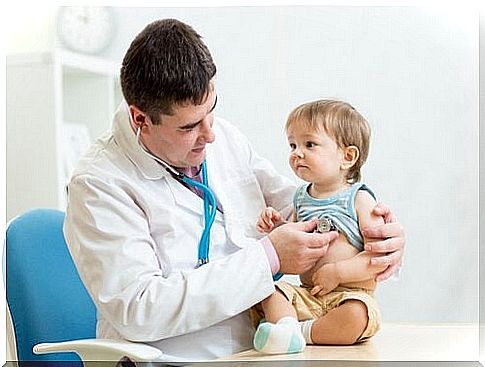
What are the possible side effects of the vaccine?
Any vaccine prepares our body so that it can defend itself against the pathogen, so it is normal to have unwanted symptoms after vaccination.
A few more degrees of fever or a little redness in the area where the puncture took place is very normal. Also, there may be increased irritability or drowsiness for a few days after the vaccine.
If you notice that the fever is higher than 40º, it is advisable to consult your doctor immediately. More serious contraindications, such as episodes of persistent crying syndrome or seizures, have a very low probability of occurrence.
If your child is allergic to any component of the vaccine, it should never be given.
Are there currently outbreaks of pertussis?
It is not an eradicated disease. Worldwide, around 195,000 cases occur each year. In Spain, the number of cases is not negligible either, even if, thanks to the high vaccination coverage, the disease remains relatively controlled.
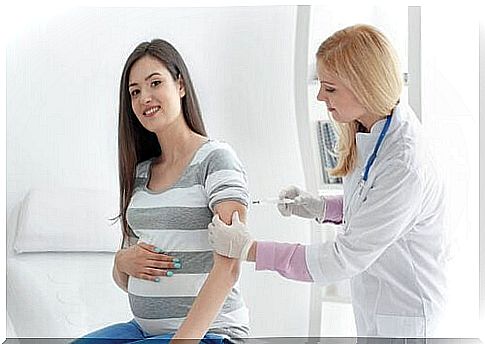
It is true that there has been an increase in cases among children under 6 months of age in our country in recent years. That is why the Spanish Pediatric Association recommends sticking to the vaccination schedule. It is also advisable to include in vaccination groups people who may have more direct contact with children, such as grandparents, both parents or health workers.
When it comes to protecting your baby, there is no doubt that any measure is weak. Therefore, we recommend that you go to your doctor and educate yourself about the pertussis vaccine and all the others included in pregnancy and in the first years of your baby’s life.
